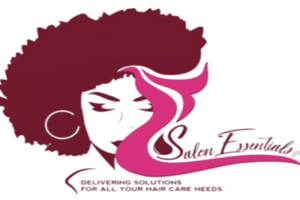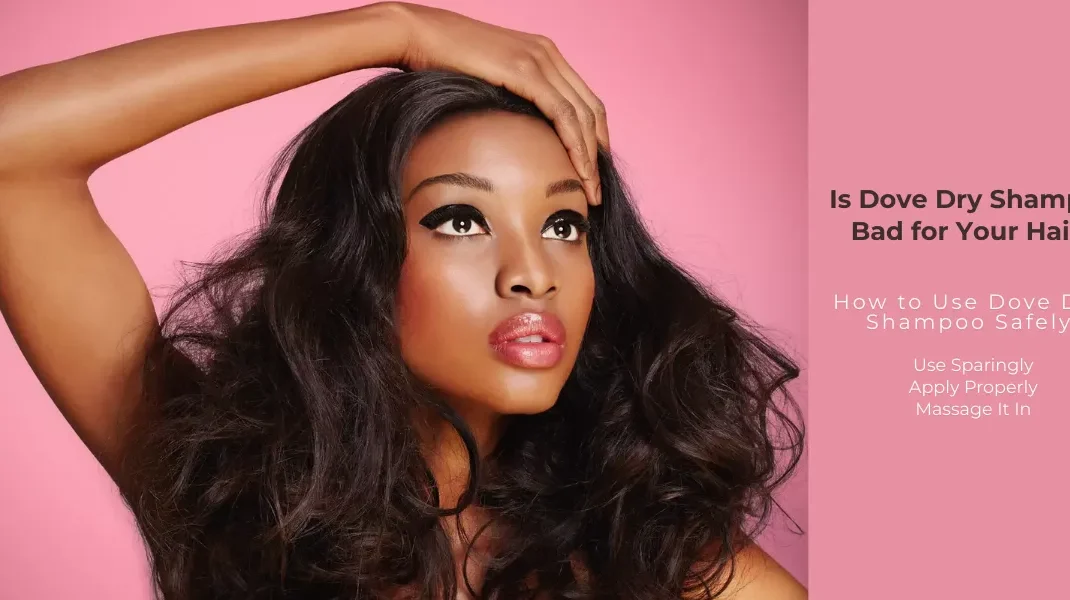Dry shampoo has been a game-changer for those busy mornings when washing your hair isn’t an option. But as its popularity skyrocketed, so did concerns over its safety and long-term effects on hair health. Is dry shampoo bad for your hair? This question has led to widespread debates, myths, and even some scary headlines. This article will explore everything from how dry shampoo works to whether it’s safe to use regularly.
What is Dry Shampoo, and How Does It Work?
Dry shampoo is a convenient hair product designed to absorb excess oil from the scalp without the need for water. Typically, dry shampoos contain a blend of starches or alcohol that effectively soak up grease, leaving your hair looking fresher and more voluminous. It’s important to note, however, that dry shampoo does not clean the hair as traditional washing with water and regular shampoo does. Instead, it serves as a quick solution to manage oiliness between washes.
Can Dry Shampoo Cause Long-Term Damage?
One of the biggest concerns surrounding dry shampoo is whether it can damage your hair if used frequently. The answer lies in how often you use it and the type of product you choose. Overuse of dry shampoo can cause scalp irritation, product buildup, and even hair loss in extreme cases.
How Buildup Affects Hair Health
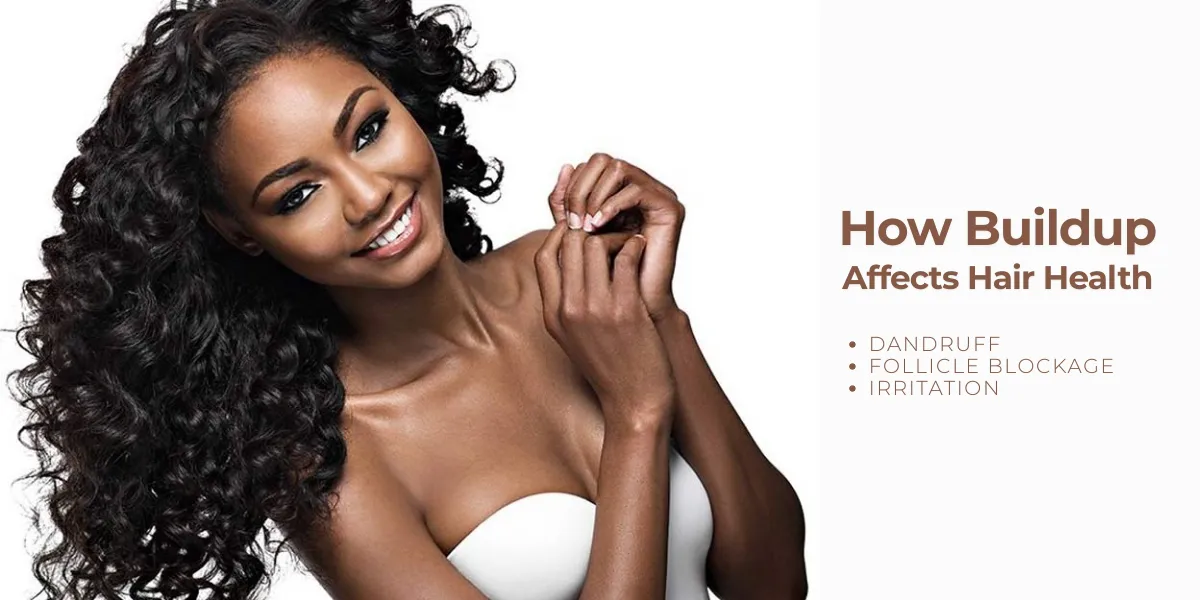
When dry shampoo is applied excessively, it can leave behind a residue that accumulates on the scalp. This buildup can clog hair follicles, which may lead to issues like:
- Dandruff: The excessive residue can cause flakiness and itchiness.
- Follicle Blockage: Clogged follicles can lead to reduced hair growth and even thinning hair.
- Irritation: Prolonged use without properly cleansing your scalp can cause irritation or inflammation.
Dry Shampoo vs. Regular Shampoo: Which is Better for Your Hair?
While dry shampoo provides a convenient solution in certain situations, it should never replace regular shampoo. Washing your hair with water and traditional shampoo is essential for removing dirt, oil, sweat, and product buildup. Regular shampooing cleanses the scalp and hair, promoting healthy hair growth and scalp balance.
When to Use Dry Shampoo Instead of Washing Your Hair
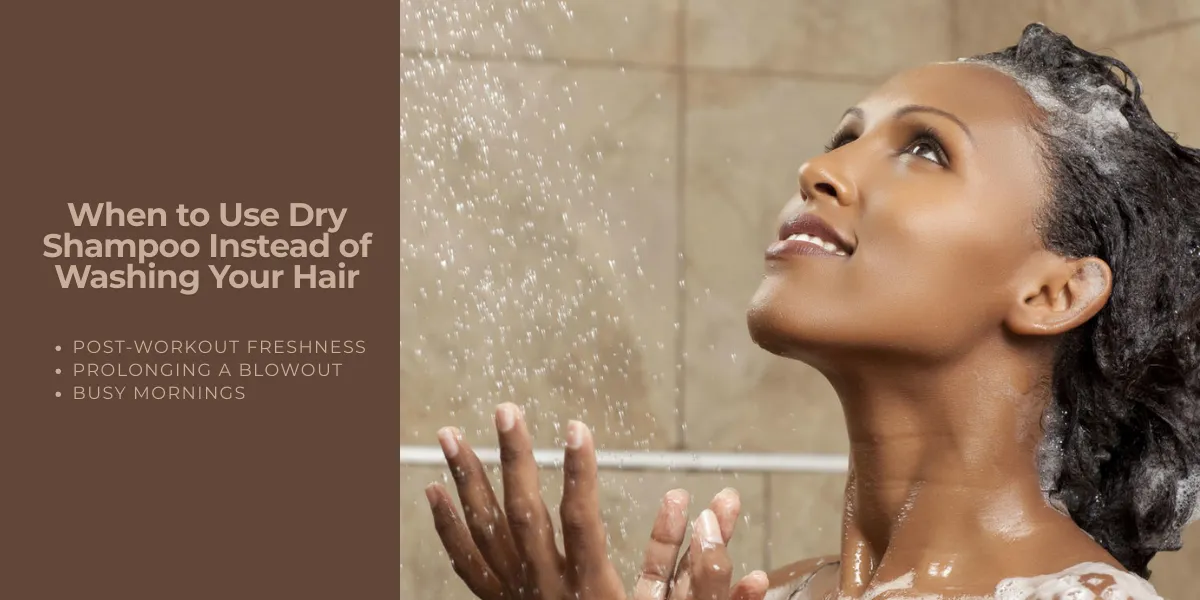
Dry shampoo can be a lifesaver in specific scenarios:
- Post-Workout Freshness: After a sweaty workout, dry shampoo can help refresh your hair if you don’t have time for a full wash.
- Prolonging a Blowout: If you’ve spent time styling your hair, dry shampoo can extend the life of your blowout by absorbing excess oil.
- Busy Mornings: Dry shampoo offers a quick fix when you don’t have the time for a traditional wash.
However, it’s essential to maintain a balance. For every few uses of dry shampoo, ensure you follow up with a regular shampoo to cleanse your scalp.
How Often Can You Safely Use Dry Shampoo?
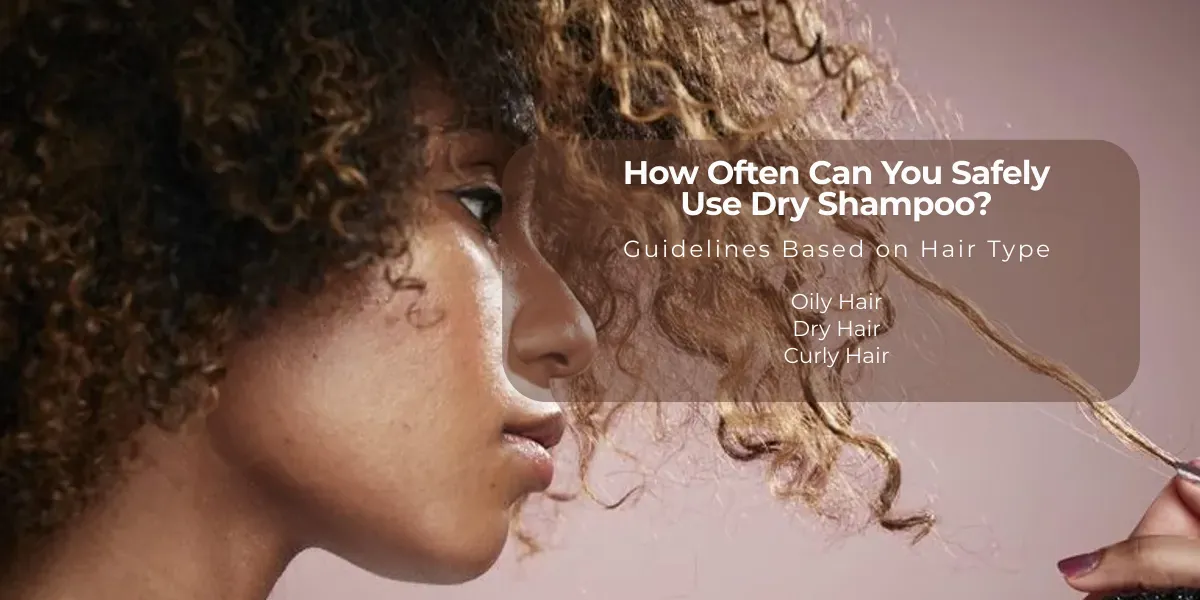
The frequency with which you can use dry shampoo depends largely on your hair type and scalp condition. While some people may be able to use it a couple of times a week without any issues, others may experience scalp irritation or buildup with more frequent use.
Guidelines Based on Hair Type
- Oily Hair: People with oily hair may need to use dry shampoo more often. However, limit it to 2-3 times per week to avoid buildup.
- Dry Hair: If you have dry hair, use dry shampoo sparingly to avoid stripping your hair of moisture.
- Curly Hair: Curly hair is prone to dryness, so use dry shampoo cautiously and opt for moisturizing formulas.
Remember, everyone’s hair reacts differently, so it’s crucial to pay attention to how your scalp and hair feel after using dry shampoo.
Are Dry Shampoos Safe Now?
In recent years, concerns have been raised about the safety of aerosol dry shampoos, especially those containing harmful chemicals like butane, propane, and alcohol. These ingredients can dry out the scalp and hair, leading to irritation and damage. Aerosol dry shampoos may also pose a risk of inhalation, which can be harmful to your health.
How to Choose a Safe Dry Shampoo
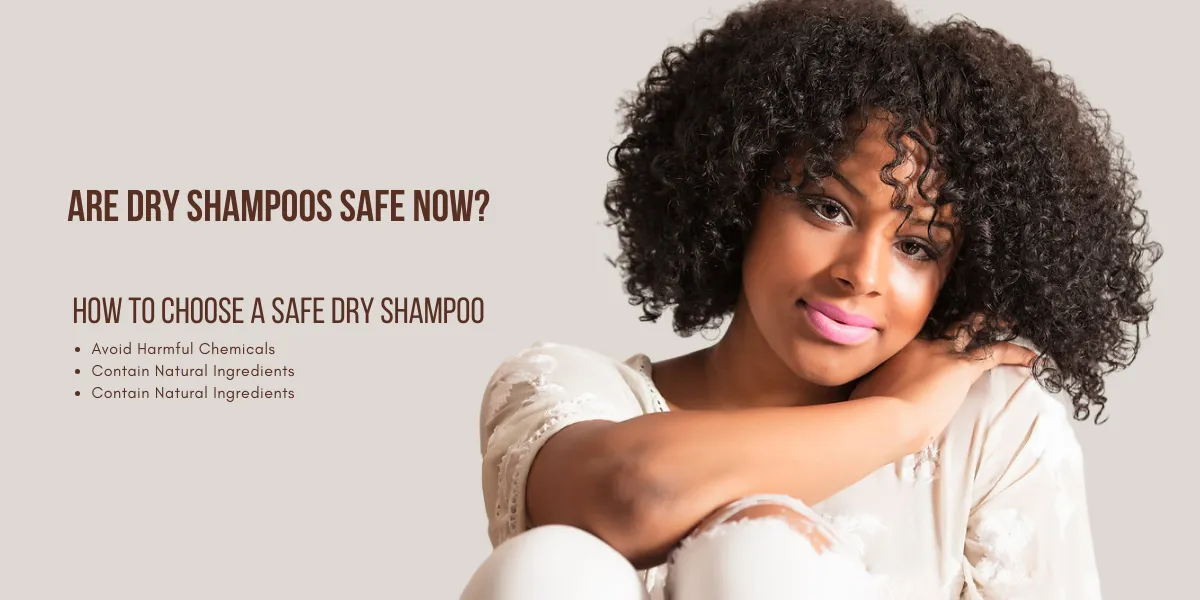
When shopping for a dry shampoo, look for products that:
- Avoid Harmful Chemicals: Opt for formulas free from parabens, sulfates, and aerosol propellants.
- Contain Natural Ingredients: Dry shampoos made from plant-based or natural ingredients are often gentler on the scalp.
- Dermatologist-Tested: These products are usually safer for people with sensitive skin or scalp conditions.
Is Homemade Dry Shampoo a Better Option?
For those concerned about the chemicals found in commercial dry shampoos, making your own dry shampoo at home can be a safer alternative. Ingredients like cornstarch, baking soda, and cocoa powder can effectively absorb oil without the risks associated with aerosols or synthetic chemicals.
Pros and Cons of Homemade Dry Shampoo
- Pros:
- You control the ingredients and can ensure they’re natural and safe.
- It’s cost-effective and easy to make with common household items.
- Cons:
- Homemade dry shampoos can be harder to apply evenly.
- Ingredients like cocoa powder may leave a residue or tint in lighter hair colors.
Is Aerosol Dry Shampoo Bad for Your Hair?
Aerosol dry shampoos are convenient, but they can contain chemicals that may be harmful with prolonged use. These chemicals can dry out both your hair and scalp, leading to brittleness, irritation, and, in some cases, even hair loss.
Why Aerosol Dry Shampoo May Not Be the Best Option
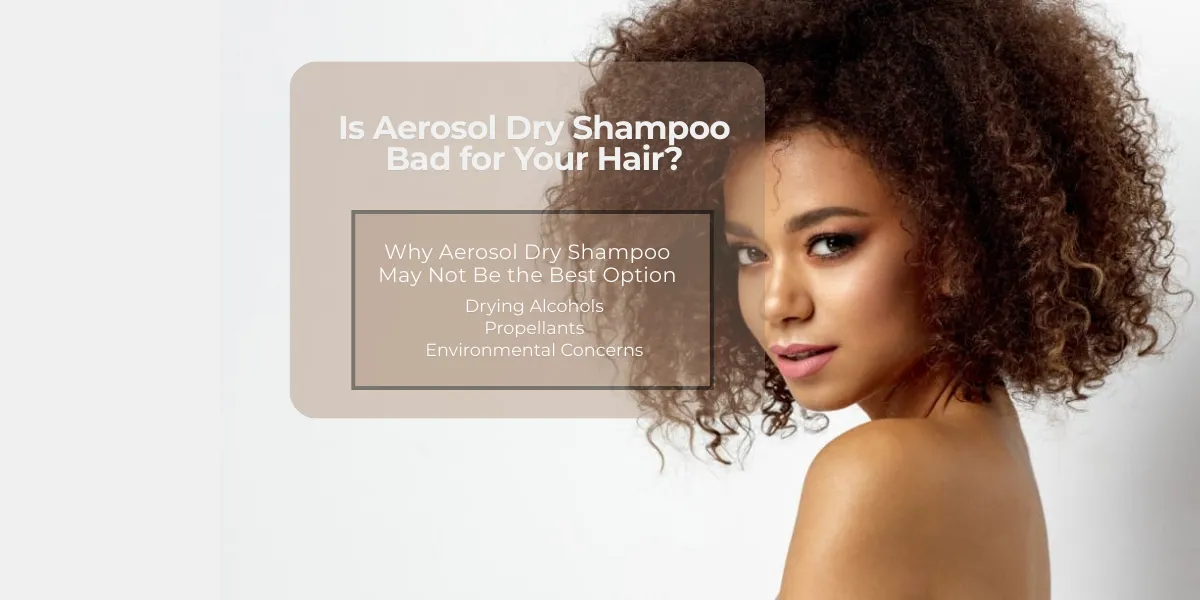
- Drying Alcohols: Many aerosol dry shampoos use alcohols to absorb oil, which can dry out your scalp.
- Propellants: Chemicals like butane and propane are often used in aerosol sprays, and while they help distribute the product evenly, they can be irritating to the scalp.
- Environmental Concerns: Aerosol sprays contribute to air pollution and can be harmful to the environment.
If you’re concerned about the impact of aerosols on your hair and the environment, consider switching to a non-aerosol powder dry shampoo.
Is Dove Dry Shampoo Bad for Your Hair?
Dove is one of the most popular brands in the dry shampoo market. While the ingredients are generally considered safe, overuse of any product, including Dove, can result in residue buildup, clogged follicles, and scalp irritation.
How to Use Dove Dry Shampoo Safely
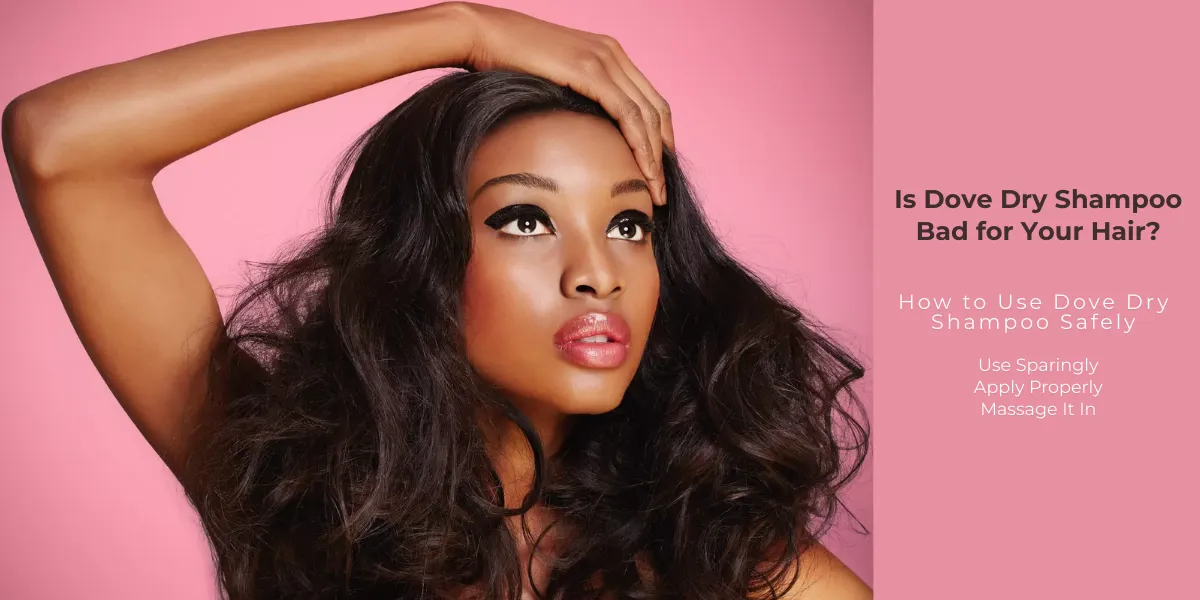
- Use Sparingly: Stick to using it once or twice a week.
- Apply Properly: Shake the bottle well before use and spray it 6-8 inches from the scalp.
- Massage It In: Make sure to massage the product into your scalp to absorb oil evenly and prevent buildup.
Is Living Proof Dry Shampoo Bad for Your Hair?
Living Proof’s dry shampoo is known for its innovative formula that cleanses hair by removing dirt and oil rather than just masking it. However, like all dry shampoos, it’s essential to use it in moderation. Overuse can still lead to scalp buildup and irritation, especially if not followed up by a regular wash.
Does Dry Shampoo Cause Hair Loss?
One of the most alarming claims associated with dry shampoo is that it can cause hair loss. While dry shampoo itself does not directly cause hair to fall out, using it too often can clog hair follicles, which may result in inflammation and hinder hair growth over time.
What Causes Hair Loss from Dry Shampoo?
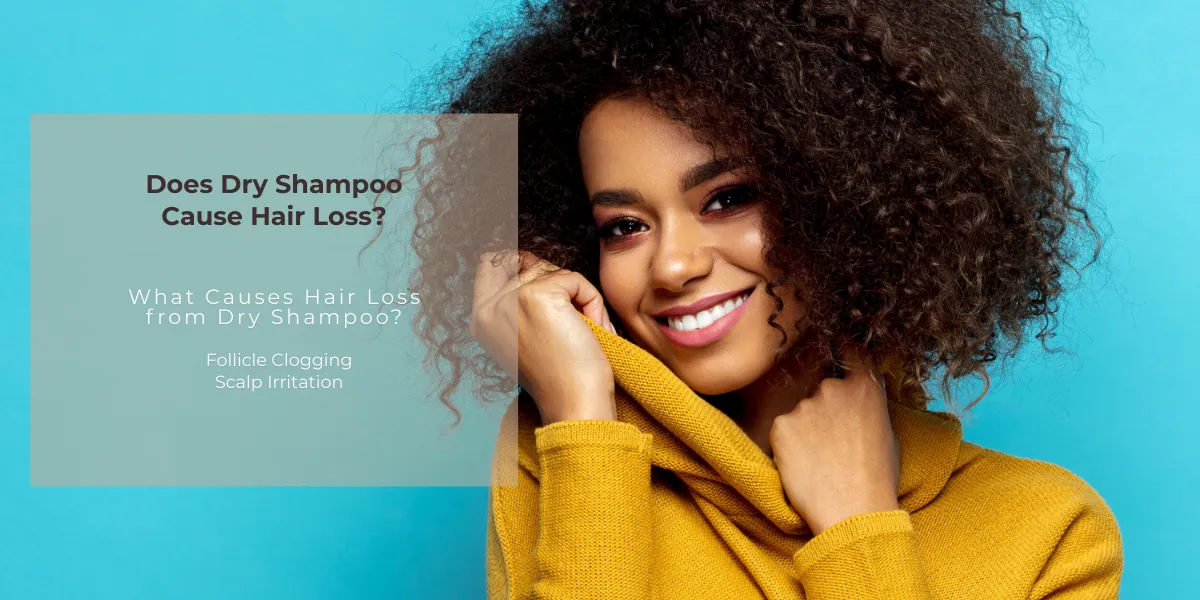
- Follicle Clogging: Residue left behind from dry shampoo can clog follicles, making it difficult for new hair to grow.
- Scalp Irritation: A dry, irritated scalp is less likely to support healthy hair growth.
To prevent this, make sure you’re properly washing out any buildup from dry shampoo by regularly shampooing your hair.
Is Too Much Dry Shampoo Bad for Your Hair?
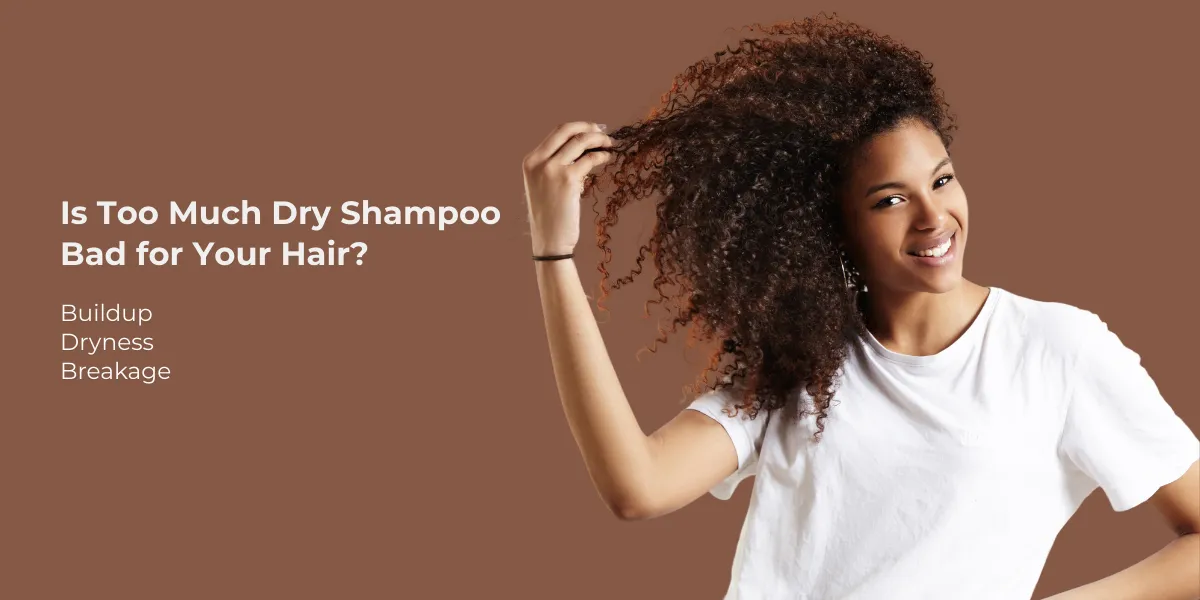
Yes, using too much dry shampoo can cause several problems for your hair and scalp. While dry shampoo is safe for occasional use, overdoing it can lead to:
- Buildup: Excess product can clog pores on your scalp, causing dandruff and hair loss.
- Dryness: Overuse of dry shampoo, especially aerosol types, can dry out both your hair and scalp.
- Breakage: Dry strands are more prone to breakage, especially when combined with heat styling tools.
Conclusion
So, is dry shampoo bad for your hair? The answer depends on how and how often you use it. While it’s a convenient solution for freshening up your hair between washes, overuse can lead to scalp issues, dryness, and even hair loss in extreme cases. The key is moderation. Make sure to use dry shampoo only when necessary and always follow up with regular shampooing to keep your scalp clean and your hair healthy.
FAQs
1. Can you use dry shampoo on curly hair?
Yes, but opt for moisturizing formulas to avoid drying out your curls.
2. Can dry shampoo replace regular shampoo?
No, dry shampoo should supplement regular washes,dry shampoo can be a helpful addition to your hair care routine when used properly, but it is not without risks. Overusing dry shampoo or relying on it to replace regular washes can lead to scalp issues like buildup, irritation, clogged hair follicles, and even thinning hair. Moderation is key: use it once or twice a week and follow up with a thorough shampoo to maintain scalp health. Always choose products with safer, natural ingredients and avoid aerosol formulas containing harmful chemicals.
